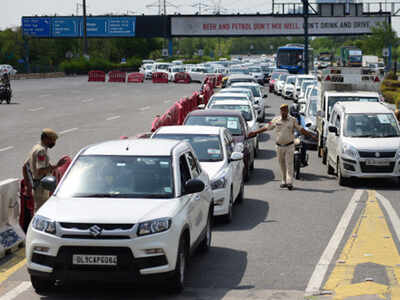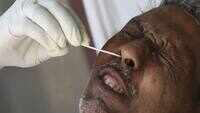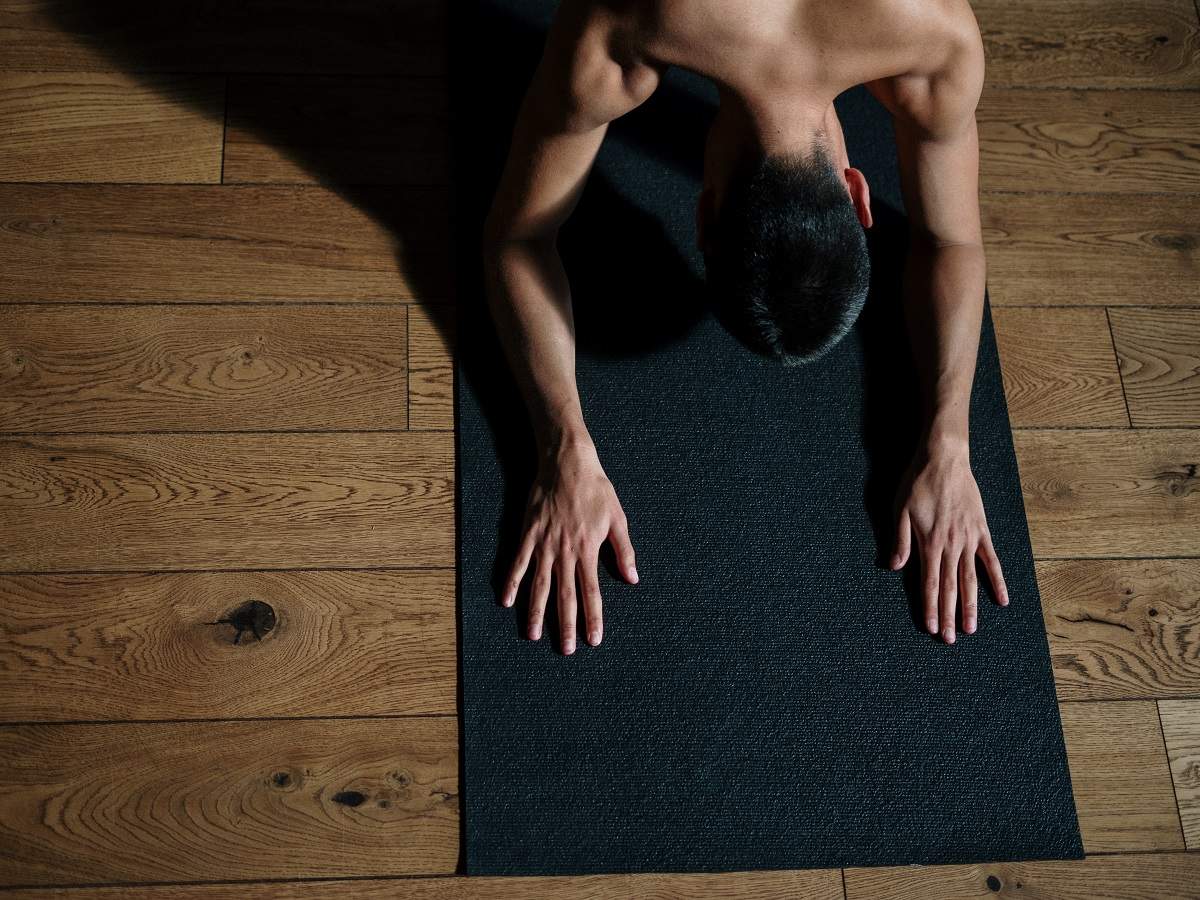
NOIDA: As officials in NCR districts begin work on a unified strategy on Covid-19, after Thursday’s meeting with home minister Amit Shah, the UP government is parallelly defending, both to the Centre and before court, its move to seal the borders of Noida and Ghaziabad with Delhi.
UP officials explained the rationale for keeping borders sealed with Delhi at the meeting with Shah, citing a report the government has compiled and also presented to the Supreme Court in its affidavit.
According to the report, in the last three weeks of May, 82 of the 196 infected people in Noida (42%) had sourced the infection from Delhi. In Ghaziabad, 45% of patients – 246 of 624 -- had their infection source in Delhi, the report says. Noida officials also reported that there are currently 135 active patients, who had been travelling to Delhi and back.
“Between May 15 and June 14, 481 patients have tested positive in Noida. Out of this, 111 affected persons have informed they have business/work in Delhi or that they went to Delhi for medical treatment,” states the report.
Quoting the numbers, UP officials again proposed to the central government to continue with regulated movement on the Delhi border. For office-goers whose commute is disrupted as a result of this, the state government has proposed to “advise” companies that it should not have a negative effect on employees.
The report also clarified on not allowing home isolation of asymptomatic Covid patients, about which the Supreme Court has asked UP, referring to central guidelines of May 10 that mention states have the liberty to enforce stricter guidelines but not dilute enforcement, depending on the prevalent situation.
The report mentions that the state had 5,056 Covid patients on June 14, while a total of 1,01,236 beds available across L1, L2 and L3 wards. It adds that the number of beds in Noida and Ghaziabad are also much higher than the active cases. UP has not resorted to home isolation of positive cases at this point because, “very mild pre-symptomatic cases also are carriers of virus and transmit infection to others. It is very difficult to monitor the movement of such persons during home isolation and this can lead to spread of infection. The government of UP has arranged for sufficient infrastructure for admission of coronavirus-positive patients and there is no shortage of beds for such patients in facilities”, states the report.
It adds that it is difficult to manage comorbidities at home and in the larger interest of public health, home isolation will not be conducive to the goal of breaking the chain of transmission and containing the spread of the disease. “This is particularly important in NCR of UP as the neighboring state has a very high number of infected patients, and therefore, it is necessary to take stringent measures in order to contain the spread in this area,” it states.
UP officials explained the rationale for keeping borders sealed with Delhi at the meeting with Shah, citing a report the government has compiled and also presented to the Supreme Court in its affidavit.
According to the report, in the last three weeks of May, 82 of the 196 infected people in Noida (42%) had sourced the infection from Delhi. In Ghaziabad, 45% of patients – 246 of 624 -- had their infection source in Delhi, the report says. Noida officials also reported that there are currently 135 active patients, who had been travelling to Delhi and back.
“Between May 15 and June 14, 481 patients have tested positive in Noida. Out of this, 111 affected persons have informed they have business/work in Delhi or that they went to Delhi for medical treatment,” states the report.
Quoting the numbers, UP officials again proposed to the central government to continue with regulated movement on the Delhi border. For office-goers whose commute is disrupted as a result of this, the state government has proposed to “advise” companies that it should not have a negative effect on employees.
The report also clarified on not allowing home isolation of asymptomatic Covid patients, about which the Supreme Court has asked UP, referring to central guidelines of May 10 that mention states have the liberty to enforce stricter guidelines but not dilute enforcement, depending on the prevalent situation.
The report mentions that the state had 5,056 Covid patients on June 14, while a total of 1,01,236 beds available across L1, L2 and L3 wards. It adds that the number of beds in Noida and Ghaziabad are also much higher than the active cases. UP has not resorted to home isolation of positive cases at this point because, “very mild pre-symptomatic cases also are carriers of virus and transmit infection to others. It is very difficult to monitor the movement of such persons during home isolation and this can lead to spread of infection. The government of UP has arranged for sufficient infrastructure for admission of coronavirus-positive patients and there is no shortage of beds for such patients in facilities”, states the report.
It adds that it is difficult to manage comorbidities at home and in the larger interest of public health, home isolation will not be conducive to the goal of breaking the chain of transmission and containing the spread of the disease. “This is particularly important in NCR of UP as the neighboring state has a very high number of infected patients, and therefore, it is necessary to take stringent measures in order to contain the spread in this area,” it states.
Quick Links
Kerala Coronavirus Helpline NumberHaryana Coronavirus Helpline NumberUP Coronavirus Helpline NumberBareilly NewsBhopal NewsCoronavirus in DelhiCoronavirus in HyderabadCoronavirus in IndiaCoronavirus symptomsCoronavirusRajasthan Coronavirus Helpline NumberAditya ThackerayShiv SenaFire in MumbaiAP Coronavirus Helpline NumberArvind KejriwalJammu Kashmir Coronavirus Helpline NumberSrinagar encounter
Get the app








